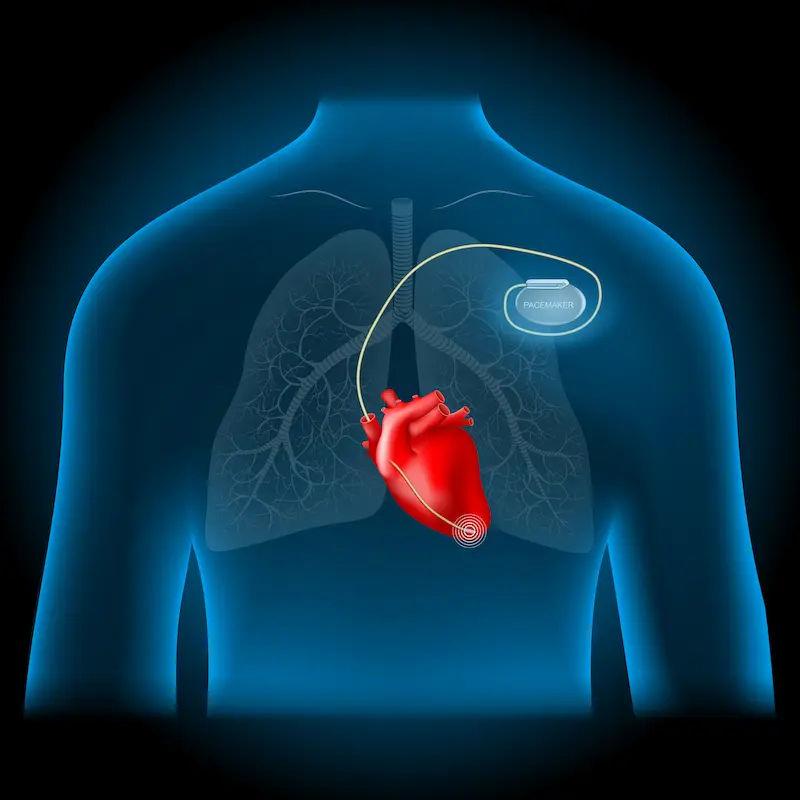- Female
- 45 Years
- 22/01/2025
I've been having some issues with fast pulse and feeling short of breath. It's weird because I don't really feel any heart pain, but I do start sweating. It seems like drinking water helps a bit, but whenever I'm fasting, these symptoms seem to get worse. I'm a bit worried and trying to figure out what could be going on. Any advice?
More Cardiology Health Queries
View allI'm a bit confused about the difference between a 2D echo and a stress 2D echo. Can you explain how they're different and in what situations each one might be used? Also, I've heard about coronary angiography but I'm not quite clear on what it is and why someone would need to have it done. I'm feeling a little anxious about all these procedures and would appreciate some clarity.
- 2D Echo (Echocardiogram): A non-invasive ultrasound test that captures images of the heart's structure and function at rest, helping diagnose conditions like valve problems or heart failure. - Stress 2D Echo (Stress Echocardiogram): A test that combines
Answered by 1 Apollo Doctors
I've been dealing with high blood pressure for a while now. Lately, its been making me feel pretty lazy and I've been getting these annoying headaches. Who do you think I should reach out to for help with this?
You can consult an Intermal Medicine specialist to further evaluate and appropriate a plan of treatment.
Answered by 1 Apollo Doctors
How do I know if my chest pain is serious?
Any chest pain needs physical examination by a doctor and tests to know the cause. On a general note, if chest pain is associated with heart burn, abdominal bloating, belching then it may be due to gastritis which may be managed at home. If chest pain is sudden, radiating to left arm/ shoulder and is associated with sweating, breathing issue then it may be due to a cardiac condition which needs immediate hospital visit. Sometimes, atypical presentation like a person who had mild chest pain with vomiting was tested and found to be having a heart attack on ECG. Hence, every chest pain need a doctor's consultation.
Answered by 1 Apollo Doctors
Disclaimer: Answers on Apollo 247 are not intended to replace your doctor advice. Always seek help of a professional doctor in case of an medical emergency or ailment.






.webp)